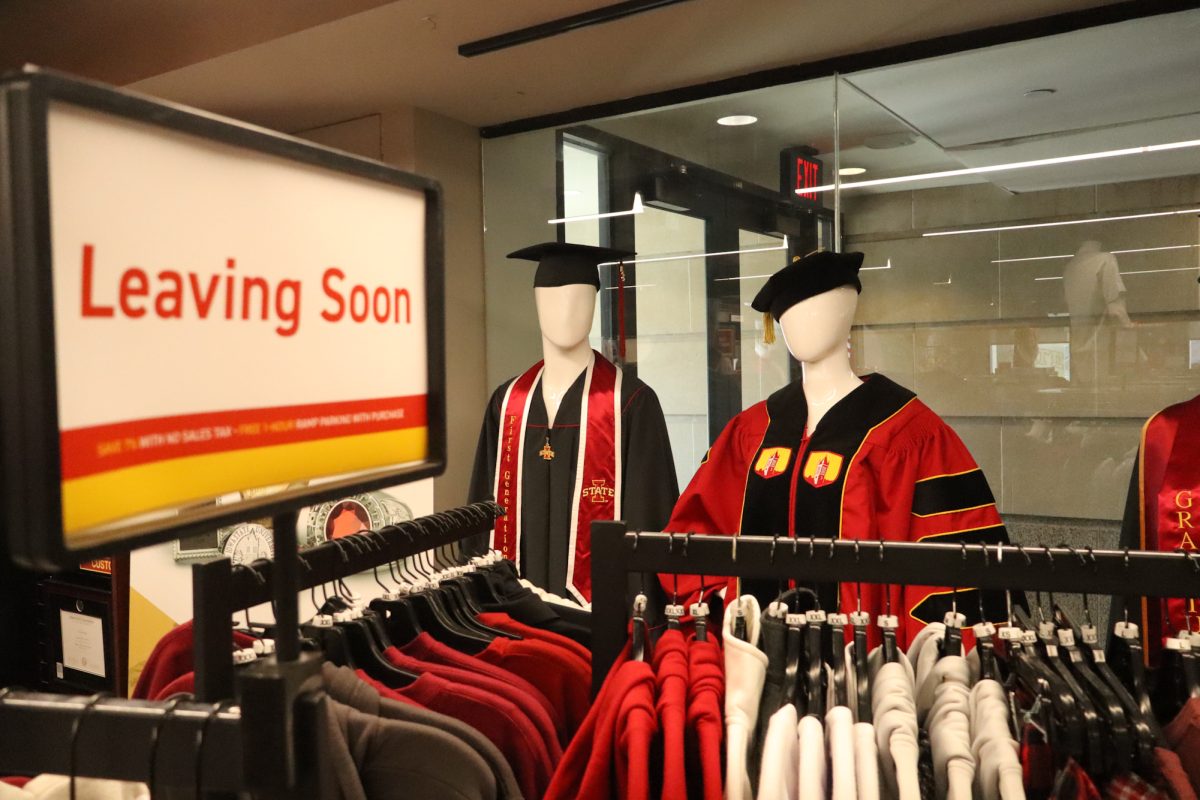Peer review faces upheaval
April 20, 1999
Administrators are looking into revisions of the peer judicial systems for next year, when the peer review boards for the residence halls, greek system and off campus will be combined into a universitywide system.
However, the structure of the system has not been finalized.
“It is in the process of change, but it isn’t completed yet,” said Grace Weigel, director of Judicial Affairs. “We don’t know exactly what shape it’s going to take.”
Weigel said several groups are looking into changes to be made.
Currently, each peer review board, which is composed of students from the respective area, holds hearings for students to determine the accountability of their actions and sentences.
Joe Taylor, chairman of the Union Drive Association Board of Review, said the purpose of the peer review boards is “to give equal standards of university enforcement of the policies to all students.”
Though not all cases from the residence halls go through the board of review, Taylor said the UDA peer review committee sees about 10 to 15 cases per semester.
“I think [the current peer review board] is very effective in that we don’t get hardly any repeat offenders,” said Taylor, junior in biology.
However, he said combining the boards may remedy some confusion.
“[There are some] differences in how they enforce the rules in one area versus another, some differences in how students are sanctioned in whatever rule they have broken,” Taylor said.
Taylor said the new system should be similar but more consistent.
“The typical student shouldn’t see any difference,” he said. “In the future, it won’t matter where you live; you will still be held accountable by the same standards.
“[A new system] should become more fair for the student body as a whole,” he said.
UDA President Scott Meyers said the Inter-Residence Hall Association is just starting to hear about the structure of the new system.
Meyers, senior in computer engineering, said there could be both positive and negative sides to the change.
“I kind of understand why they’re doing this; [they’re] looking to make hearings the same between the three groups,” he said.
Meyers also said the new peer review board will take some of the power out of the individual associations.
“It will certainly make it easier on us because we don’t have to run it anymore but will definitely make it more complicated for peer review boards,” he said. “I think it will probably take them slightly longer to get cases heard.”






